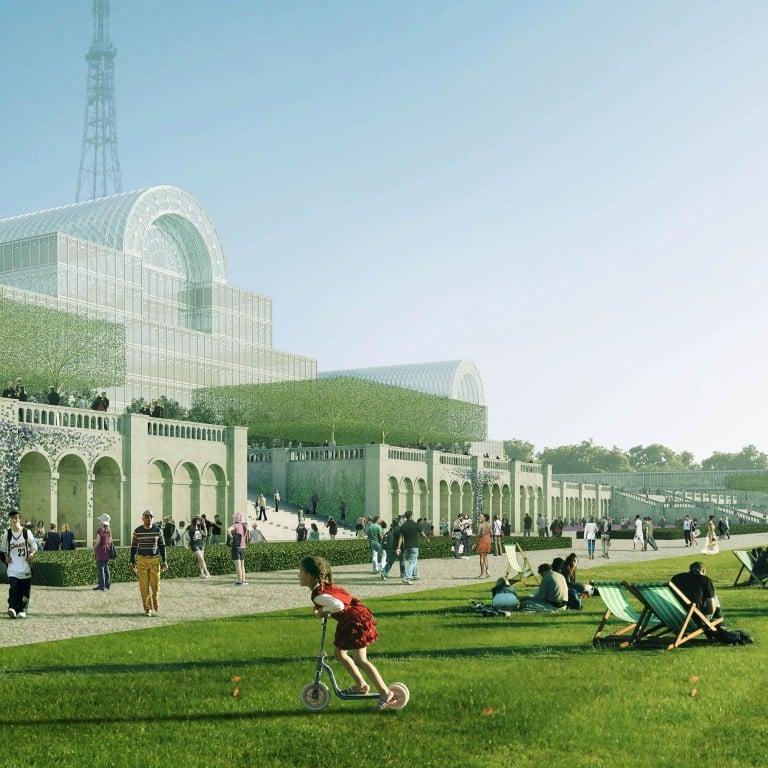
New | Chinese developer loses deal to rebuild London's Crystal Palace Park
After much fanfare, ZhongRong loses exclusive deal to rebuild cultural venue, sparking talk of more failures by Chinese property investors
A three-year effort by a Chinese developer to rebuild the Crystal Palace in London, which housed the Great Exhibition of 1851, has faltered and industry experts warned this could be the beginning of more failures regarding Chinese property ventures abroad.
Bromley Council in London announced last month that an exclusivity agreement on Crystal Palace Park with ZhongRong Group would not be renewed.
The private Chinese developer, founded by Ni Zhaoxing, had proposed building a £500 million cultural destination on the same scale as the original Victorian glass and iron structure, which was first built in Hyde Park in 1851, then moved to Crystal Palace Park in 1854 before it was destroyed by fire in 1936.
ZhongRong started discussions with London mayor Boris Johnson in 2012, who then announced the plan with some fanfare in 2013.
"I have not heard of any outright failures to complete developments by other Chinese firms, but I'm pretty certain some investments have experienced much more difficulty than anticipated, especially around the complexity of the UK planning process," Mark Farmer, the head of residential at consultancy EC Harris in London, told the .
Chinese companies, including property conglomerate Dalian Wanda Group and China Life Insurance, have made global headlines snapping up iconic buildings abroad.
I also think they have generally been shocked by how much things cost to build
Property consultancy Savills estimated Chinese institutions invested close to US$13.5 billion in overseas property last year, more than double the amount in 2012.
The Chinese investment spree has added to domestic complaints about housing inflation and increased political pressure for some foreign governments to step up action.
In Australia, Evergrande Real Estate Group was ordered by the government to sell a Sydney mansion after its purchase was found to have violated regulations.
ZhongRong said its 16-month exclusivity agreement with Bromley had been under rising political attack before the general election in May, of which the housing issue is on the radar. Discussions are continuing, but both sides are open to alternatives.
"We both wish to do it, but need to tone it down. Political opponents also need to cool down," William Cheng, the ZhongRong executive handling the project, told the . "From a commercial perspective, we had not expected so many disruptions."
Residents and politicians have been concerned about the loss of green space and what level of control over public land would be granted to the developer. They have been critical of how little has been revealed so far about the proposals as well as ZhongRong's lack of international experience, according to British media.
"The complex collaborative and consultative approach to dealing with multiple stakeholders has been a big shock to many [foreign investors] and has delayed planned schemes," Farmer said. "I also think they have generally been shocked by how much things cost to build, especially in London when compared to costs in China and other international markets."

